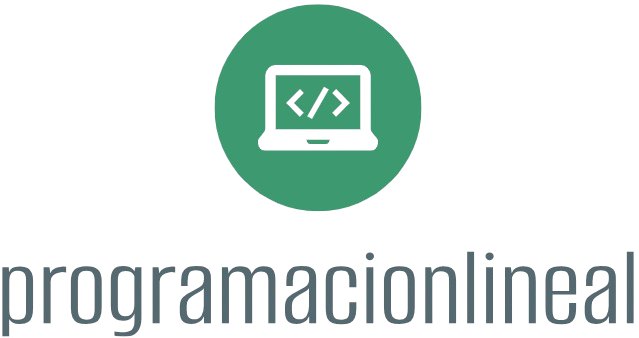Learning to code can be a challenging yet rewarding journey. If you’re looking to accelerate your learning process and become proficient more quickly, here are ten practical tips to help you code faster and more efficiently.
1. Set Clear Goals
Define Your Objectives:
- Short-Term Goals: Break down your learning into specific, achievable tasks, such as mastering a particular concept or completing a coding challenge.
- Long-Term Goals: Establish broader objectives, like building a project or getting a job in tech.
Track Your Progress:
- Use Milestones: Set milestones to monitor your progress and stay motivated as you achieve them.
2. Practice Regularly
Consistency is Key:
- Daily Practice: Dedicate time each day to coding. Consistent practice helps reinforce concepts and build muscle memory.
- Coding Challenges: Engage in regular coding challenges on platforms like LeetCode, HackerRank, or Codewars to enhance problem-solving skills.
3. Work on Real Projects
Apply What You Learn:
- Build Projects: Create real-world projects to apply your knowledge and gain practical experience. Examples include personal websites, apps, or tools.
- Open Source Contributions: Contribute to open-source projects to work on real codebases and collaborate with other developers.
4. Learn by Teaching
Teach Others:
- Write Blog Posts: Explain concepts or tutorials through blog posts or tutorials.
- Mentor Others: Help others learn to code. Teaching is a powerful way to deepen your own understanding.
5. Use Interactive Learning Tools
Engage with Interactive Platforms:
- Online Courses: Utilize interactive online courses and coding platforms like Codecademy, freeCodeCamp, or Coursera.
- Coding Simulators: Use coding simulators and integrated development environments (IDEs) that offer instant feedback and interactive learning.
6. Understand the Fundamentals
Master Core Concepts:
- Focus on Basics: Ensure a solid understanding of core programming concepts like variables, loops, and data structures.
- Deep Dive: Study fundamental algorithms and data structures to build a strong foundation.
7. Leverage Community and Resources
Engage with the Coding Community:
- Forums and Groups: Join coding forums, communities, and social media groups for support and advice.
- Online Resources: Utilize tutorials, documentation, and coding guides available online to supplement your learning.
8. Debug Your Code Efficiently
Learn to Debug:
- Use Debugging Tools: Familiarize yourself with debugging tools and techniques to quickly identify and fix issues.
- Debugging Strategies: Practice troubleshooting common errors and use debugging as a learning opportunity.
9. Stay Updated with Industry Trends
Follow Industry News:
- Subscribe to Newsletters: Stay informed about the latest developments in programming languages, frameworks, and tools.
- Attend Meetups and Webinars: Participate in tech meetups, webinars, and conferences to learn about new technologies and practices.
10. Take Care of Yourself
Maintain a Healthy Balance:
- Avoid Burnout: Balance your coding practice with breaks and leisure activities to prevent burnout.
- Healthy Lifestyle: Ensure you get adequate rest, exercise, and maintain a healthy diet to keep your mind and body in optimal condition.
Conclusion
Learning to code faster involves setting clear goals, practicing regularly, and applying your skills through real projects. Engage with interactive tools, seek community support, and stay updated with industry trends to enhance your learning process. Remember to maintain a healthy balance and take care of yourself to sustain your coding journey effectively. With these tips, you’ll be well on your way to becoming a proficient coder in no time.











